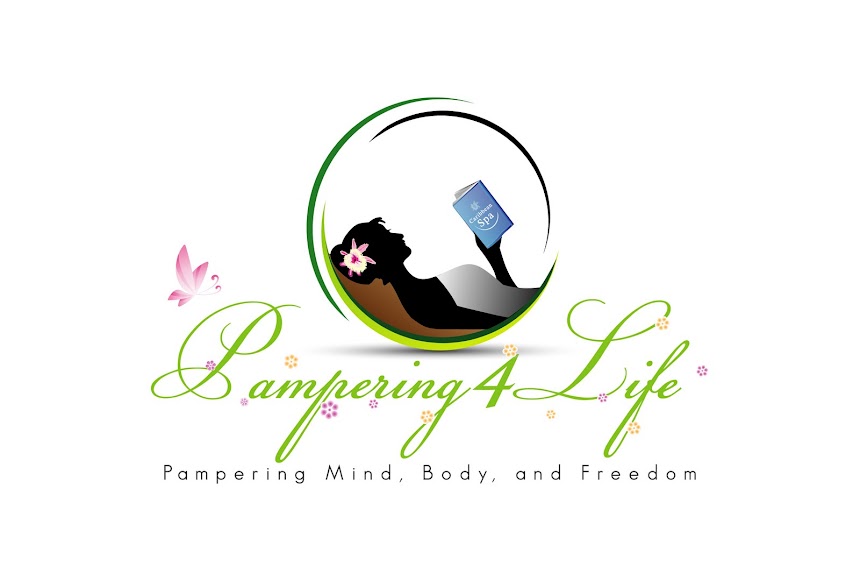Water
- Drinking water is the most effective way to get rid of excess salt in the body, and is the most common method of treating mild cases of hypernatremia, excess sodium in the blood, according to researchers at the department of internal medicine of William Beaumont Hospital. The body uses water to dilute salt. If you take in extra salt, drinking extra water allows the body to dilute the salt properly and flush it out through the kidneys. It's best to drink water evenly throughout the day to give the body a steady supply of water to work with. Drinking too much water at once can cause a sodium deficiency, which can be dangerous and sometimes fatal.
Exercise
- Exercise causes you to sweat. When you sweat, you lose both water and minerals from your body. If you have extra salt in your body, you will sweat out a larger amount of it. Working up a sweat for at least 45 minutes goes a long way towards getting rid of some of that excess salt. It's important to keep hydrated and to replenish other minerals, such as potassium and magnesium, once you're done to prevent illness.
Salt Restriction
- Reducing dietary salt is another important aspect of getting rid of excess salt within the body. Salt is withheld completely for 12 to 24 hours if there is a large amount of excess salt in the body. After that, salt is restricted to half the minimum daily requirement, which is 1500 mg, until the body is rid of the excess salt, usually a day or two. It's important to monitor salt intake regularly to prevent recurrences of excess salt, staying at or below 2300 mg daily, especially for those prone to water retention and high blood pressure.
Natural Diuretics
- There are a variety of foods and drinks you can take in that will encourage the body to get rid of the extra salt in your body. Asparagus, leafy green vegetables, beets and onions cause you to urinate more, causing an increase in the amount of salt you expel per day. Drinks with caffeine, such as coffee and tea, also have this effect. Dandelion root tea is especially helpful. You must drink extra water to avoid dehydration when using diuretics, even if they are natural. Daily supplementation with a multivitamin and potassium supplement is advised to prevent depletion of essential vitamins and minerals.
Considerations
- Although excess salt can be excreted naturally, it's important to know when to seek medical help. Chronic high blood pressure or chronic or severe water retention warrant a trip to the doctor. He may opt to put you on a salt-restricted diet. Diuretics of any kind shouldn't be used for longer than a day or two, exclusive of a daily cup of coffee or tea, because they can cause mineral depletion and dehydration in some cases. Anyone with a secondary medical condition, such as heart disease, diabetes or kidney failure, should always consult a doctor before trying to get rid of excess salt. There may be certain methods that must be restricted or modified, or an underlying cause of the excess salt that needs to be treated medically.


No comments:
Post a Comment